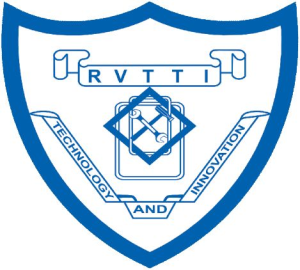The purpose of this course is to equip the trainee with versatile and practical skills set that promote effective communication which is invaluable in various professional, personal, and societal contexts. These skills enhance career prospects, contribute to personal development, and foster positive relationships with others.
General Learning Outcomes:
By the end of this module unit, the trainee should be able to:
- appreciate the importance of communication in the workplace
- develop necessary skills for effective communication
- appreciate the use of different modes and forms .of communication.
- identify the role of Information Communication Technology in communication.
- develop necessary writing skills for writing various documents
- apply communication ethics in the workplace
- cope with emerging issues and trends in communication skills
This subject intends to equip the trainee with skills to communicate effectively at the workplace and also observe communication ethics.
History is an important aspect of human life. It's from history that we get to understand where we have come from and the progress we have made as humans. Kenya like any other nation in the world has its history which together with other factors have shaped the Kenya we have today.
This subject divides the history of Kenya into four major phases:
- Pre-colonial Kenya
- Kenya during colonial rule
- Kenya at independence
- The present Kenya
Expected Learning Outcomes:
By the end of this module unit, the trainee should be able to:
1. Describe the origins, migration, and settlement of Kenyan communities in the 19th Century.
2. Explain the socio-economic and political history of Kenyan communities in pre-colonial Kenya.
3. Describe the process of the establishment of colonial rule in Kenya.
4. Explain colonial rule socio-economic and political policies.
5. Explain factors leading to Kenya's independence
6. Outline the structure of Kenya's government.
7. Appreciate Kenya's cultural diversity
8. Develop a sense of patriotism
9. Appreciate the role of the government
Social research methods enables social development workers to identify ,diagnose and facilitate initiation of intervention measures in order to solve social problems and and to meet social development needs.
By the end of this course, you should be able to:
- explain the importance of research in social development work
- explain the basic concepts, and use of various research methods in social development
- evaluate social development programmes
- use research methods in identifying,diagnosing social problems and needs and conduct limited research
Introduction
Project development and management involves the process of identification,initiation,planning, implementation and evaluation of projects.
INTRODUCTION
Community health deals with the complete well being of individuals,families groups and community in general.It aims at preventing occurance of ill health so that individuals, families and groups can participate in their activities.
It aims at preventing the social development work trainees with knowledge skills and attitudes
At the end of the subject, learners should be able to;
-Understand and explain the role and importance of community health in social development
-Understand and identify the role and importance of social development
-Identify community health needs and explain how they can be dealt with

